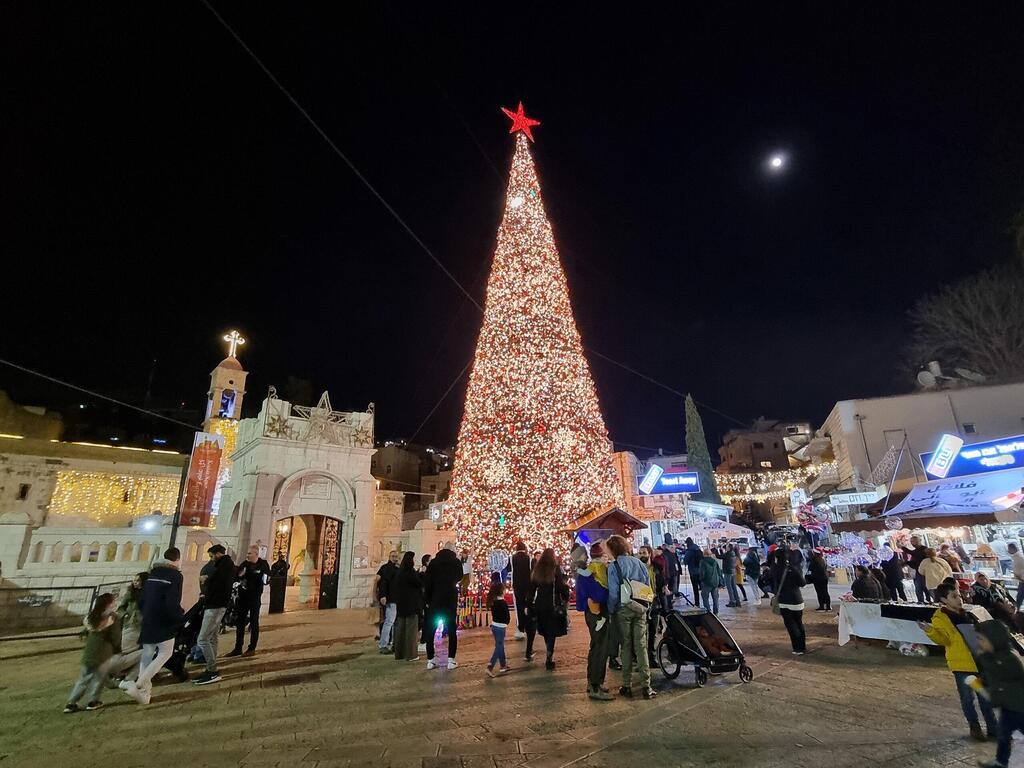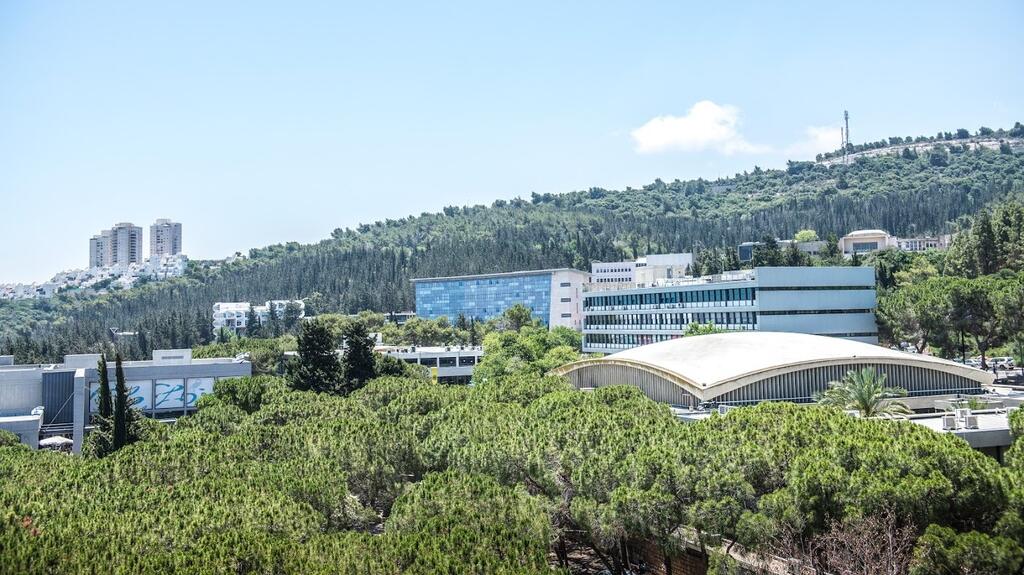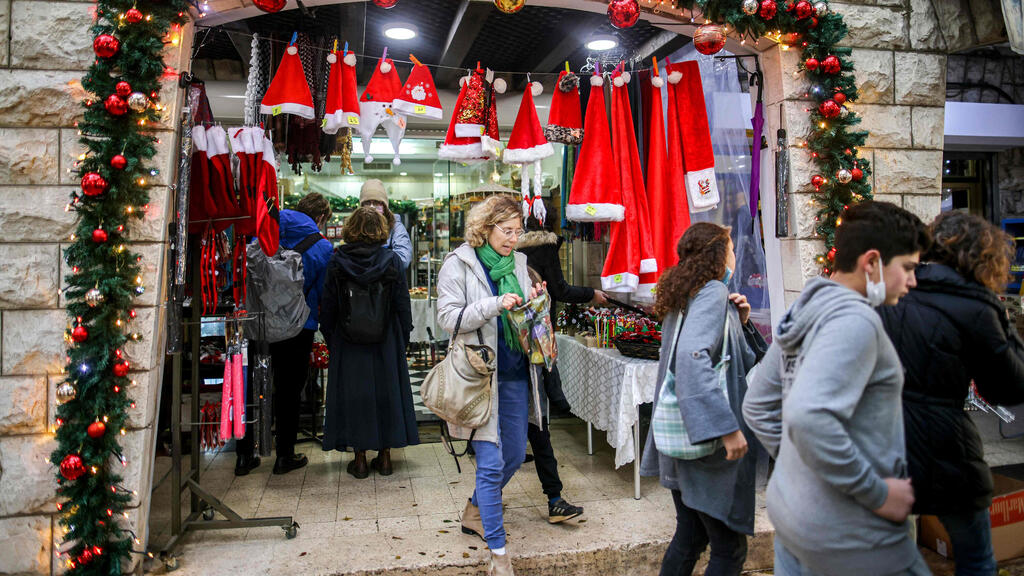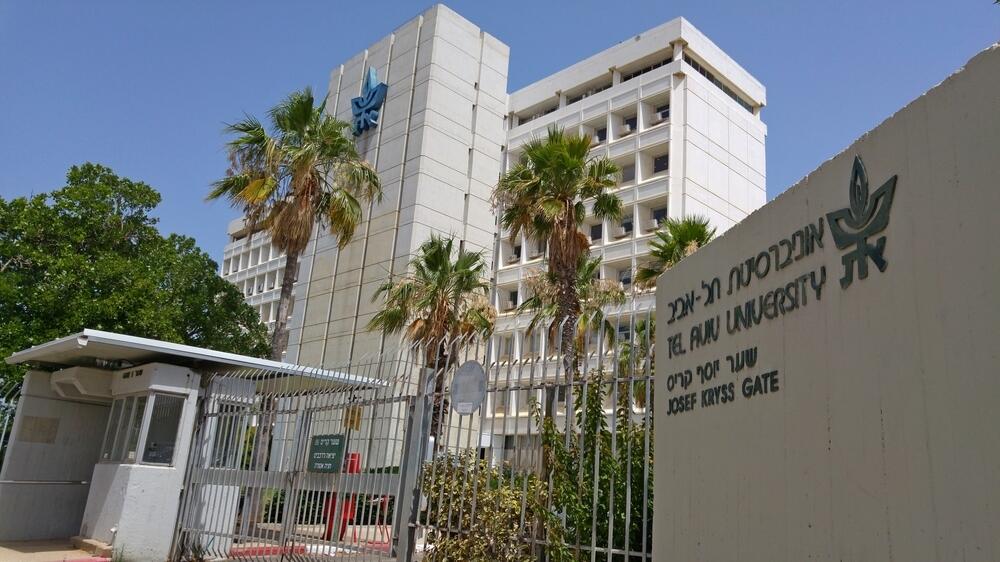It was recently reported that Jewish students at Tel Aviv University are up in arms over a “Christmas Market” event held on December 15 on the university campus.
The Christmas Market is part of an ongoing series of multicultural events that Tel Aviv University plans to host throughout the academic year, many in cooperation with the embassies of nations throughout the world.
5 View gallery


The famous Christmas tree in the main square of Nazareth, in northern Israel
(Photo: The Media Line)
In a statement, Tel Aviv University said “the university prides itself on the fact that hundreds of Israeli and international students who celebrate Christmas study within its framework.”
The protesting students, on the other hand, decried the Christmas Market as “Christian reunification.” A student representative added that “After years in which the educational system and academia have trampled on Jewish values, we are now witnessing the next stage: the pushing of Christian content.”
As I read the reports of this controversy, I couldn’t help but recall a similar commotion that was stirred up five years ago at another prestigious Israeli university.
In December 2016, at Technion - Israel Institute of Technology - in Haifa, a Christmas tree had been put on display in the student center as an acknowledgment of the many Christian students at that school.
5 View gallery


Technion - Israel Institute of Technology
(Photo: Technion - Israel Institute of Technology)
The rabbi of the campus, Rabbi Elad Dukov, issued a ruling declaring it forbidden for Jewish students to make blessings over their food or to eat in the student center due to the presence of the tree, emphasizing that he saw “no room for leniency in this matter.”
In the wake of this ruling, a number of prominent religious Zionist rabbis took to social media to praise Rabbi Dukov for taking a stand against public expressions of Christian faith and culture.
These rabbis, like the students who are now protesting the Christmas Market at Tel Aviv University, see public acknowledgments of Christian faith as dangerous to the Jewish identity of the State of Israel. While concern for the Jewish identity of Israeli society is legitimate, their outrage at these Christian symbols is misplaced.
The Christian community today constitutes approximately 2% of Israel's population. Interestingly, this is also approximately the percentage of Jews within the populations of the United States and Canada, the two countries where I lived prior to permanently moving to Israel.
Throughout my years there, I recall seeing Hanukkiah in malls and in the public areas of my university campus alongside the Christmas displays, as a sign of acknowledgment and respect to the Jewish community. It is safe to say that the Christian population felt neither threatened nor offended by these Jewish symbols.
This brings us to a larger point. The religious Zionist Jewish community in Israel takes great pride in the rebirth of the Jewish people as a self-governing nation in our ancestral homeland. As a lifelong member of the religious Zionist community, I share this pride. Religious Zionists will often speak proudly of shedding “Diaspora mentality,” the Jewish mindset of the exile, in which Jews see themselves as subservient and must constantly defend against threats of assimilation within the dominant culture.
A Christmas Market at Tel Aviv University threatens the Jewish character of the State of Israel? Really? Letting local Christians – citizens of Israel – know that they are acknowledged and accepted is so frightening? The State of Israel has always included and will always include minorities of other nations and faiths. Even the idealized picture of the nation of Israel described in the Torah does not exclude members of other nations who are not Jewish as part of the society.
And herein lies the irony behind the outrage. The fear of assimilation that underlies the opposition to these Christian symbols is actually the height of the “Diaspora mentality.” Are we so insecure in the Jewish identity of Israeli society that public displays respecting minority populations are a threat? To reiterate, there is undoubtedly a lot of work to be done to strengthen the Jewishness of Israeli society, but is Christianity really the core of that problem?
As I write this, Christians are persecuted and attacked in virtually every country in the Middle East except for Israel. A growing percentage of the wider Christian world is aware of this and is grateful to the State of Israel for it, and justly so.
Among the non-Jewish citizens of Israel, we know that the Christian population has demonstrated a historic willingness to live peacefully with us in this land as friends and neighbors.
Throughout the world, devout Christians are similarly known as ardent defenders of our people and our state. If we want to strengthen our presence in this land and fortify our chances for peace internally and with the wider world around us, there is no better place to start than by treating the Christians of Israel with inclusion and respect.
Rabbi Pesach Wolicki is the Executive Director of Ohr Torah Stone's Center for Jewish Christian Understanding and Cooperation (CJCUC)




